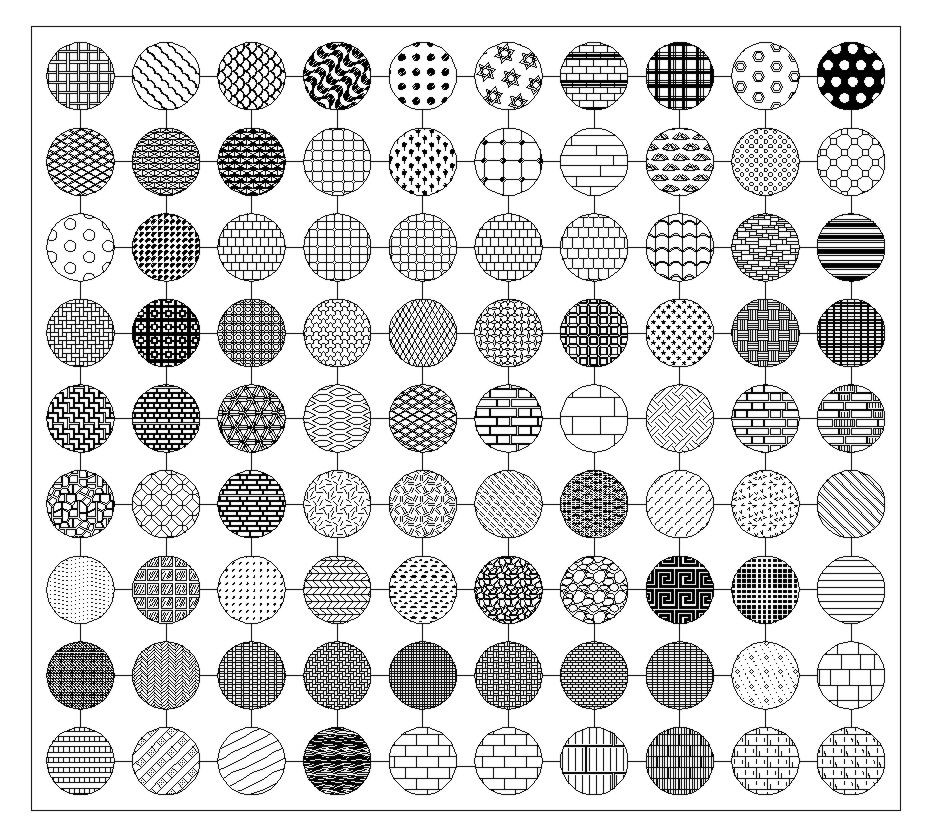

>When you stretch your block to a length of 10', it produces 60 copies of the polyline in the anonymous block (with the insertion scale at 4.0, that is). The polyline in the anonymous block that holds the geometry for each insertion is copied when you change the length. > This is by fay the best way of drawing insulation I have come across. Linetype has limitations: when change ltscale batt insulation linetype width change.

I would appreciate if you could send a lisp routine which will draw batt insulation on curves. Up on the original and generate the whole thing all over again. Or Lengthen an end, or you decide you want a different thickness of insulation, you'd have to give If you ever needed to change the shape of the curve, or straighten a curve within a Polyline, Remember whether someone came up with a way to do it, but I wouldn't be likely to use something like Generating a polyline version with the looping built in, and a Continuous Linetype. There was a threadĪbout something very similar, maybe several months but probably less than a year ago, looking at Linetype Scale, because of the way Shapes are used in Linetypes.īut any other approach is going to have more severe limitations, in my opinion.

Any Linetype-based approach is going to have that "limitation" in relation to That you merely divide the thickness you want by the reality-to-drawing ratio with their BATTING,īecause of the arbitrary way it's defined, you have to multiply the thickness you want by 5 andĭivide by that ratio. It has the added advantage that it's defined in such a way I have a nicer-looking version of a batt insulation Linetype than AutoCAD's BATTING, if you're


 0 kommentar(er)
0 kommentar(er)
